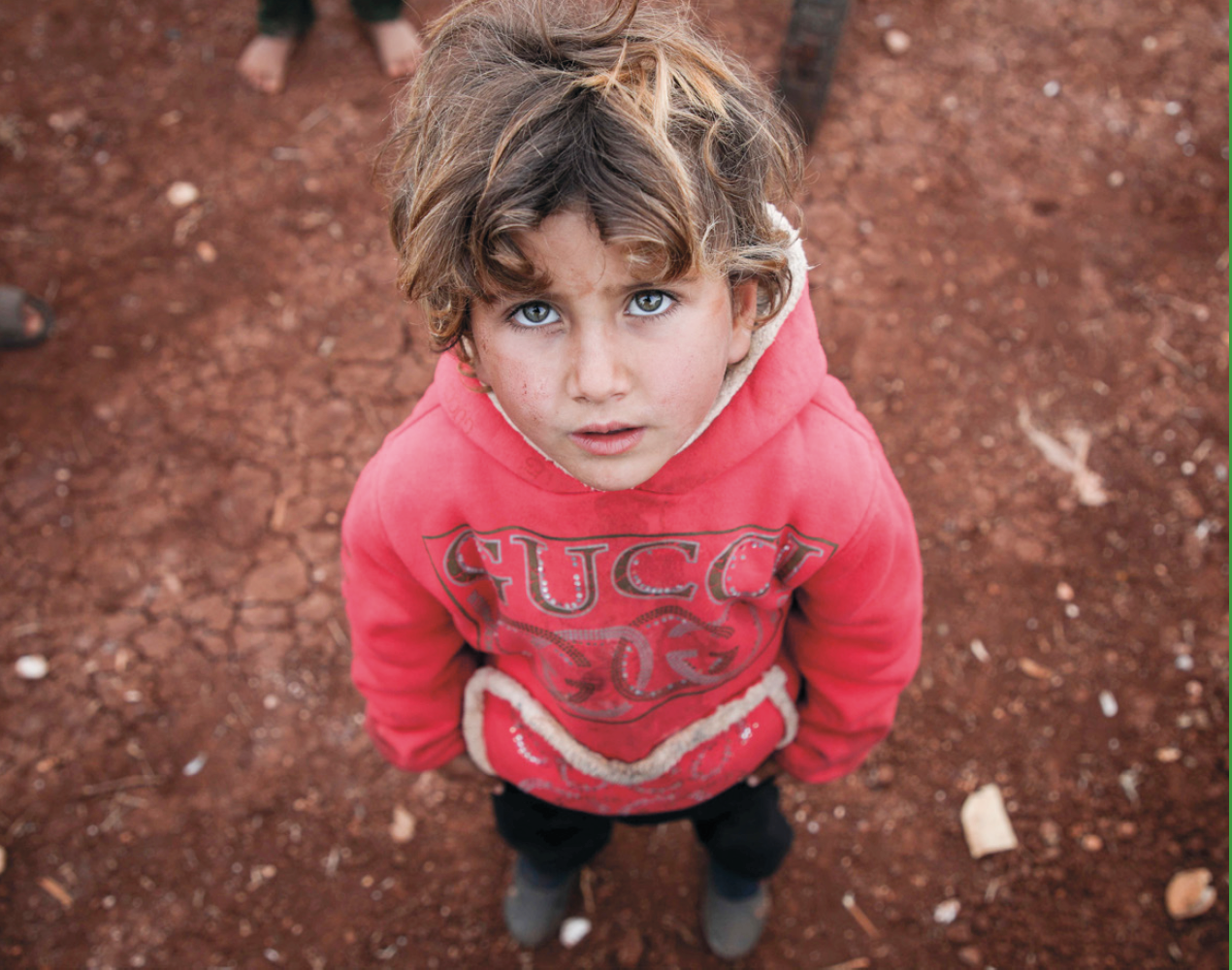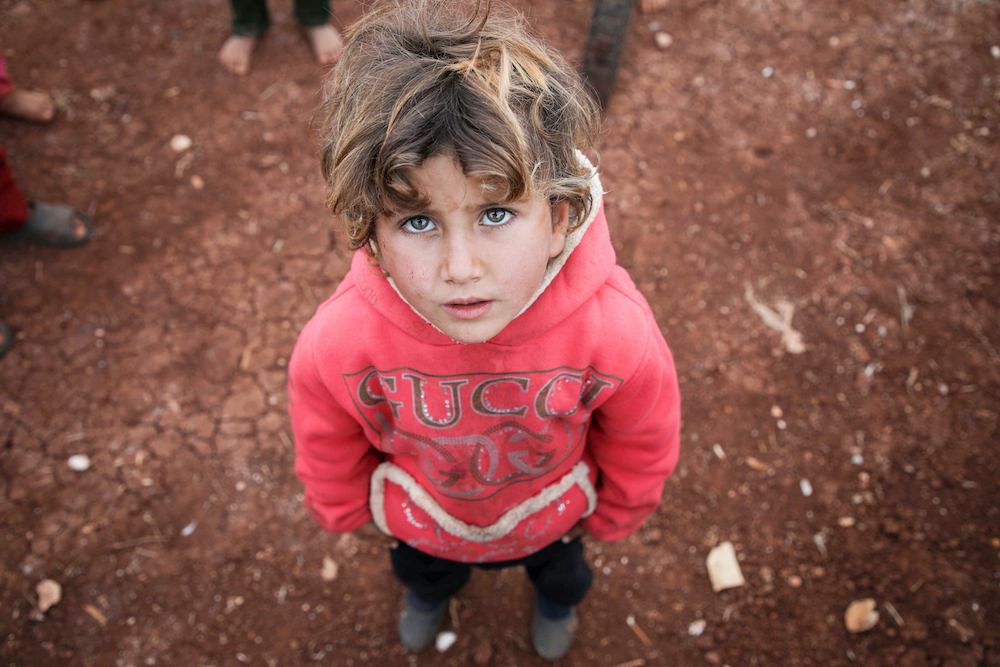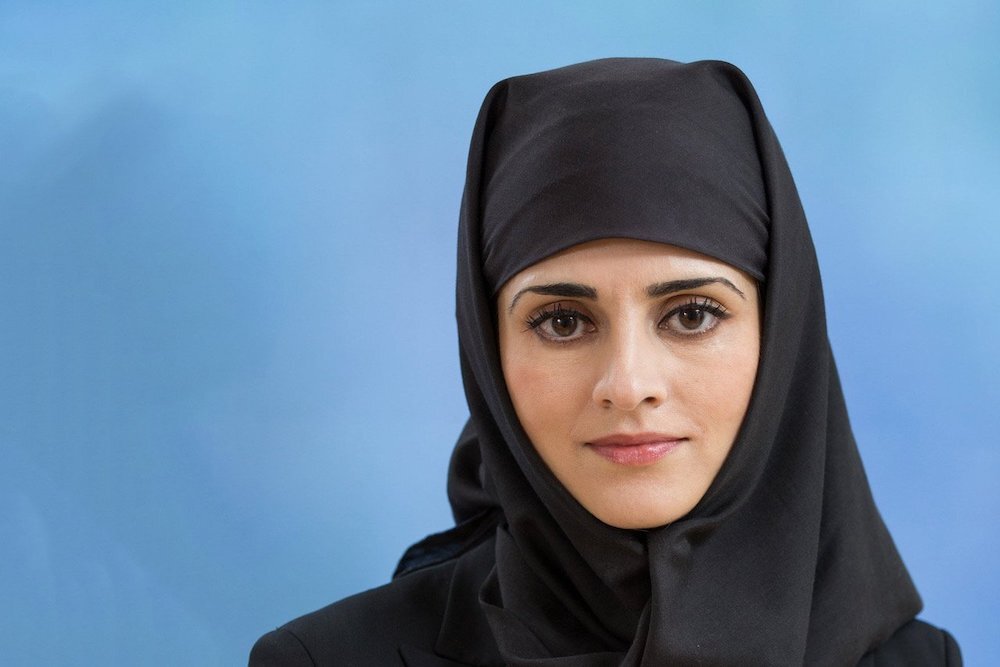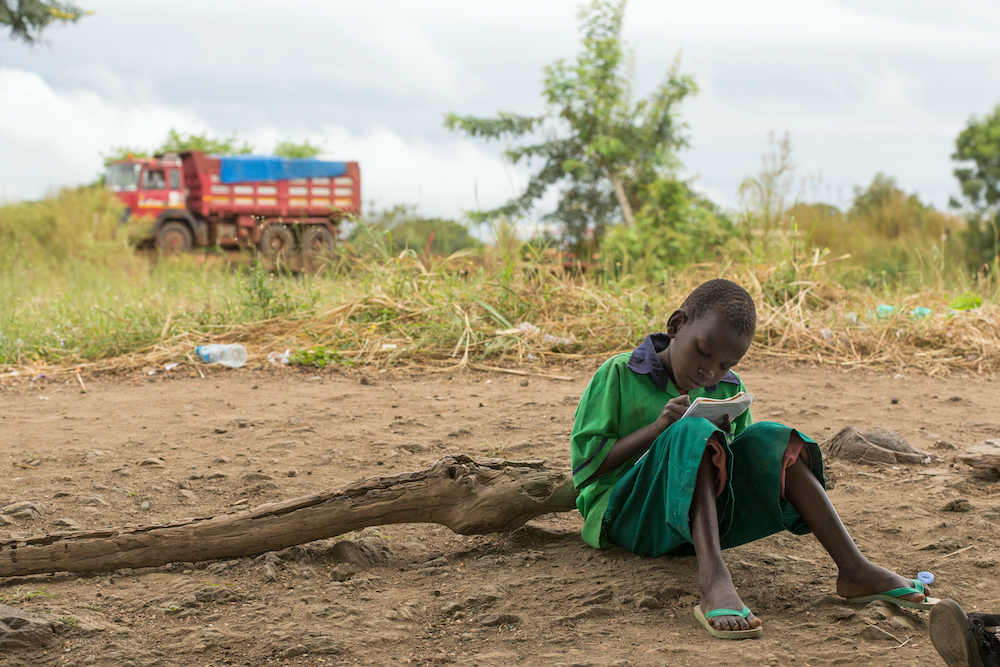
International lawyers urge better protection for children living in ‘truly dark age’ of armed conflict

Children in conflicts, Justin van Fleet
On the first International Day to Protect Education from Attack, renewed calls have been made for a single legal mechanism to help children in conflict zones.
Two years ago, Shaheed Fatima QC led a team of international lawyers who produced a hard-hitting report on the need to protect children caught up in armed conflicts.
They called for a single, all-encompassing international legal mechanism to tackle the problem. The need for urgent action is even greater now, she says, because of the effects of the Covid-19 pandemic.
“Amongst other problems, lockdowns can lead to child abuse, including increased risk of sexual violence. They complicate the delivery of services, make it harder for child protection personnel to access children and disrupt education,” explained Fatima, a London-based barrister at Blackstone Chambers whose work includes human rights and international law.
She spoke to Their News as a new executive summary of the report was released today to mark the first International Day to Protect Education from Attack. The new UN Day draws attention to the plight of more than 75 million children living in 35 crisis-affected countries and their urgent need of educational support.

The 500-page report – Protecting Children in Armed Conflict – was supported by Theirworld and Save the Children and published in late 2018 as part of the Inquiry on Protecting Children in Conflict, established by Gordon Brown, the former UK prime minister and UN Special Envoy for Global Education.
The core of the new summary is a renewed call for a single legal instrument to protect children. It says that millions of young people caught up in conflicts are living in a “truly dark age”, with “a culture of impunity surrounding those who deliberately harm or fail to protect children”.
At its height, the coronavirus crisis forced 1.5 billion students out of school.
“The pandemic has made it harder for information, on grave violations against children, to be collected and verified,” said Fatima.
The UN Secretary-General’s report from June 2020 verifies more than 25,000 grave violations and 4,400 incidents of denial of humanitarian access to children during 2019 – compared to 24,000 and 795 respectively for the previous reporting period.
The new executive summary states that although wars between states may have reduced in number, conflicts within borders have multiplied and become more urbanised and improvised. This has increased the dangers to vulnerable members of the population – with Syria, Yemen, Myanmar, South Sudan and the Democratic Republic of Congo among the most prominent conflicts causing suffering to children.

Shaheed Fatima QC led the team of lawyers who produced the report
Theirworld President Justin van Fleet said: “The legal work has been done but now we want to make sure the findings are accessible to all of those working on children’s rights and protection. On this new international day we hope that this summary will focus minds on the size and severity of the problem.”
The report argues that there should be a single, civil, international instrument that combines existing legal protections for children in armed conflict.
It should be supported by an international institution such as a court or tribunal to monitor and adjudicate the implementation of that instrument. Both initiatives could be incorporated within the existing architecture of the UN Convention on the Rights of the Child.
Fatima added: “We have discussed the proposal with the UK Government and the Committee on the Rights of the Child, as well as with others. We are hopeful that with the executive summary our proposal will reach a wider audience, encourage awareness and debate and, hopefully, build consensus.”
In the short term, she hopes the report’s findings will help to “build interest and hopefully consensus, especially with experts and politicians.” She explained: “This would require a number of sectors to engage with the report including the military, politicians, academics, legal practitioners, humanitarian and other organisations.
“In the longer term, that consensus would need to be harnessed and expanded – ideally under the leadership of a group of countries or a group of institutions – in order to organise the drafting, and eventually the adoption and implementation, of the instrument.”

(UN Photo / JC McIlwaine)
Fatima referred to the engagement of young people in relation to the climate emergency. She said: “It provides a powerful illustration of the extent to which they can influence policy, not just on a national but on an international scale. Their engagement with our proposal – by raising awareness of it and supporting it – would be extremely helpful.”
The QC also believes that the new International Day to Protect Education from Attack will help to raise awareness of the issues.
“By putting the spotlight on a particular issue, an International Day is an opportunity to advance knowledge and advocate reform on that issue,” said Fatima. “It should help in providing essential and committed focus on the 75 million children in 35 crisis-affected countries that need educational support.
“By creating the new International Day to Protect Education from Attack, the UN General Assembly has sent a clear message regarding the importance of a child’s right to education, including the need to protect schools from attack.”
The 2018 report and the new executive summary are supported by Save the Children and Theirworld, together with the Global Health Academy at the University of Edinburgh.
Kirsty McNeill, Executive Director for Policy, Advocacy and Campaigns at Save the Children, said: “We continue to see reports of grave violations against children in war zones, including the killing and maiming of children, attacks on schools and hospitals, but we hope that the unifying force of affection for the young should provide that elusive factor – common ground – as the world begins to confront this issue with more rigour.”
Liz Grant, Director of the Global Health Academy at the University of Edinburgh, said: “It has to be acknowledged that advancing the proposals in this report entails considerable challenges. Regard for justice and human rights frequently takes a backseat in times of war and conflict habitually erodes already weak institutions responsible for executing justice and accountability.”
By creating the new International Day to Protect Education from Attack, the UN General Assembly has sent a clear message regarding the importance of a child’s right to education, including the need to protect schools from attack.” Shaheed Fatima QC
More news

Theirworld initiative helps to deliver $30m of computers to Ukrainian children
